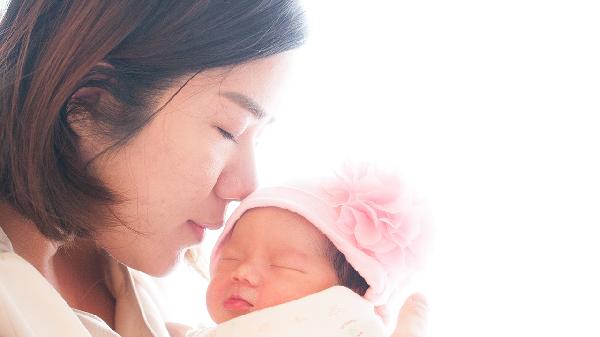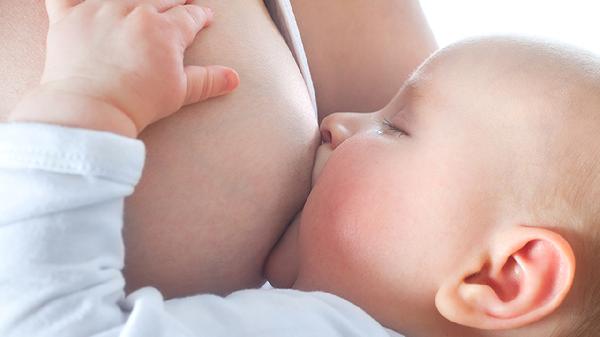The teething period is a crucial stage in a baby's growth. Teeth not only affect a baby's health but also their appearance. During this time, the swelling and discomfort caused by teething can make babies feel uneasy, leading to constant crying. Some babies may drool excessively, become irritable and emotionally unstable, and may even develop a fever. Below, the editor will share some knowledge about the teething period for parents to help their babies get through this phase more easily.

When do babies start teething?
Generally, babies start teething around 6 months old on average. However, since each baby is unique, there can be variations in the timing of tooth eruption. For example, due to genetic factors, if parents teethed late, it is likely that their baby will also teethe late, which is perfectly normal. It’s normal for a baby to start teething anytime before their first birthday.
What is the sequence of teething?
6-8 months: The two middle incisors in the lower jaw appear first, followed by the two middle incisors in the upper jaw.
8-12 months: The lateral incisors in the upper jaw emerge, followed by the lateral incisors in the lower jaw.
12-16 months: The first molars in both the upper and lower jaws begin to appear.
16-20 months: The canines in both the upper and lower jaws emerge.
20-30 months: The second molars in the lower jaw and then the upper jaw appear, completing the 20 primary teeth.
Most babies follow this sequence, but deviations are also normal. As long as the teeth grow well, parents need not worry excessively.
How to care for a baby during the teething discomfort?
When teething, babies typically exhibit the following symptoms:
1. Excessive drooling
Teething stimulates the gum nerves, leading to increased saliva production.
2. Itchy or sore gums
Babies may feel itchy or sore in their gums and may bite their hands or other hard objects to alleviate discomfort.
3. Irritability and moodiness
The physical discomfort from teething can make babies cranky and irritable.
4. Loss of appetite
Sucking during feeding can worsen gum pain, causing babies to reduce sucking and affect their appetite.
5. Poor sleep quality
The pain from teething can disturb a baby’s sleep, making it difficult for them to fall asleep or stay asleep, which can impact their growth and development.
Teething is a critical period in a baby’s growth. It’s essential for parents to pay close attention, offer comfort and companionship, and provide proper care during this time. Neglecting teething discomfort can not only affect a baby’s oral health but also their appearance. For the sake of a baby’s dental health, thoughtful care is a must!
























